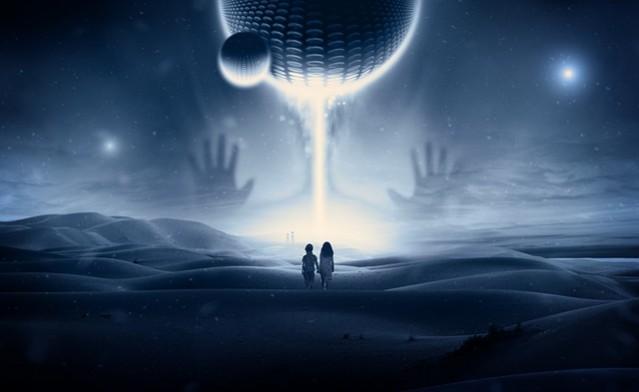
Scientists have been looking for signs of life on Mars for quite some time now. However, a new hypothesis indicates that humans mating to reproduce on the Red Planet can give rise to a new subspecies. This theory also doesn't sound too outlandish because colonizing Mars would require a species born from Earth to adapt to the new planet.
But will life on Mars ever be possible? Here are five reasons to not believe that might be possible.
Impossible procreate
Researchers from the United States, Poland, and Brazil studied the possibilities of having sex and giving birth on Mars. They published a paper in the journal Futures, highlighting several factors to hinder the process. Firstly, the gravity on Mars is one-third of that on Earth which will prove to be the biggest hurdle. Low gravity reduces the blood pressure which can, in turn, be a cause for concern during sexual intercourse. Low gravity can also cause vision problems and lead to a weakened immune system. This is especially dangerous for pregnant women who already exhibit signs of a weakened immune system on Earth.
No atmosphere
Scientists have found out that the red planet once had a protective magnetic field which disintegrated at some point. This made the planet vulnerable to charged particles from the coronal mass ejection that crashed into Mars' atmosphere like a tsunami wave, in turn, destroying the atmosphere, reported popsci.com.
No funding
Last year Nasa also admitted that it can't afford to land humans on Mars. "I can't put a date on humans on Mars, and the reason really is... at the budget levels we described, this roughly two percent increase, we don't have the surface systems available for Mars...And that entry, descent, and landing is a huge challenge for us for Mars," said William Gerstenmaier, Nasa's chief of human spaceflight, according to arstechnica.com. However, Elon Musk wants to establish a colony on Mars and is aiming to take humans to the Red Planet in 2025. Only time will tell us how that will turn out.
Rough terrain
bigthink.com has also listed out two huge problems that need to be solved before humans start colonising Mars. Firstly, the tough terrain of the planet are "arid, rocky, cold and apparently lifeless" as reported by Nasa.
Radiation
Richard Davis, Assistant Director for Science and Exploration in Nasa's Planetary Science Division said radiation will be another challenge. He said, according to The Week, "A longer-term hazard [to humans living on Mars] is the general exposure to higher levels of radiation, be it from the sun or sources external to the solar system. We can minimize these effects, but there will be increased exposure and thus a higher risk of cancer later in life."









